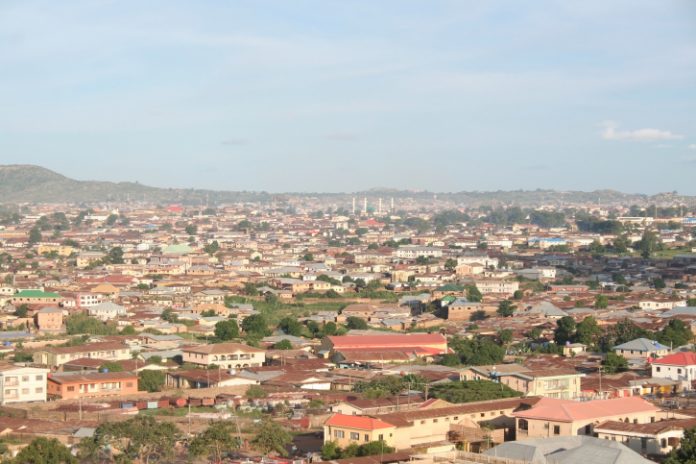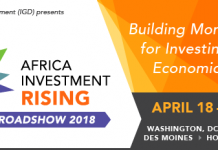How governance and market policies in Nigeria are shaping opportunities for investment in the country is the focus of two days of discussions at the 4th Nigeria Development and Finance Forum (NDFF) 2013 North America Conference, which kicks off June 4 at the Washington Marriott at Metro Center in Washington, D.C.
Organized by Financial Nigeria International Limited, which publishes Financial Nigeria magazine, in partnership with Nigerian Export-Import Bank and with the support of Nigerian Embassy in Washington, the conference targets the Nigerian Diaspora in the United States and Canada particular with the theme “Leveraging Country Policy, Diaspora Participation and Frontier Investment Opportunities in Nigeria.”
Key topics within the discussion are the state of Nigeria’s capital market and how efforts to develop the regional West African capital market can enhance its growth; economic diversification; opportunities in real estate and housing finance; the issue of security in the context of the overall outlook for Nigeria; the government’s policy framework and the opportunities it engenders for diaspora investment; and financing for the agricultural value-chain.
“Nigerian policymakers need to be deliberate regarding making and implementing policies that will enhance Nigeria’s competitiveness amongst other frontier emerging markets of sub-Saharan Africa. It will be necessary to prove that competition for private investment and social sector donor funding is on in sub-Saharan Africa,” said Jide Akintunde, conference director and publisher of Financial Nigeria.
The conference takes place amid a growing appetite for investment in Nigeria and other sub-Saharan countries. IMF statistics show a six-fold increase in foreign direct investment and foreign portfolio investment to sub-Saharan Africa since 2000. Although capital inflow dwindled during the global financial crisis that began in the fall of 2007, net portfolio investment has been rising again in the last three to four years as foreign portfolio investors seek high returns on investment and diversify away from markets in developed countries still reeling from the financial crisis and weak or negative post-crisis growth.
As Africa’s second largest economy after South Africa, Nigeria is the continent’s biggest frontier market, with companies that are being listed on global exchanges. It also has the second largest capital market in sub-Saharan Africa after South Africa, but its growth will be driven by integration of West African markets, says Iwa Salami, Ph.D., senior lecturer in financial law and regulation at the School of Law and Social Sciences, University of East London, United Kingdom.
“For growth in the Nigerian capital market to be effectively harnessed through capital markets integration, the domestic legal and financial regulatory frameworks need to be strengthened. This would require strengthening financial regulatory standards in all Anglophone states of ECOWAS [Economic Community of West African States]. It would also require effective legal and judicial systems able to enforce contract, property and insolvency rights in a timely manner,” Salami said.
In Washington this week, Salami will discuss regulatory and structural barriers that have to be removed for capital market integration within the ECOWAS region to become a reality.
Other NDFF 2013 speakers include Roberts U. Orya, managing director and chief executive officer, Nigerian Export-Import Bank; Peter Hansen, principal counsel, Peter C. Hansen, LLC; Prof. Chinedu Nebo, Nigeria’s Minister of Power; Amina Salihu, co-chair, Nigeria’s Women Fund; Kem Ihenacho, partner, Clifford Chance, London (M&A Corporate Practice); Roland Igbinoba, president and CEO, Pison Housing Company; and Nana Ampofo, co-founder and partner, Songhai Advisory LLP.













